1. Kids Couldn’t Speak Unless Spoken To
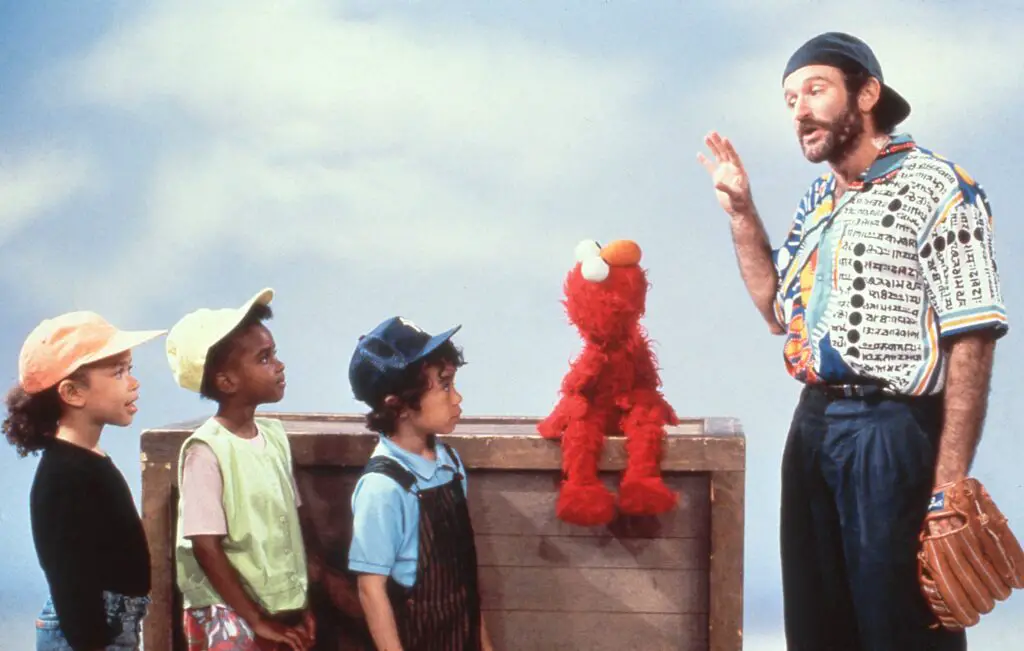
Back in the day, children were expected to be seen and not heard, especially when adults were talking. If a kid tried to chime in during a conversation, they’d likely be met with a stern look or a quick reminder to “mind their manners.” Parents believed this was a sign of respect, but today, many would call it stifling. Now, kids are encouraged to express their thoughts and ask questions, even at the dinner table. It’s seen as part of their development rather than a nuisance. Imagine telling a child today they have to sit silently while the adults chat—it wouldn’t go over well says MSN.
Some parents even extended this rule to phone calls. If the phone rang, kids were not allowed to answer unless given permission, and if they did, they had to be ridiculously polite. “Hello, Mr. Johnson, this is Tommy. May I please take a message for my father?” Today, kids snatch up the phone without a second thought, and good luck trying to get them to say “sir” or “ma’am” while doing it.
2. No Snacks Before Dinner, Ever

Parents in the ’60s and ’70s had a hard-and-fast rule about eating between meals: you didn’t. If a kid came running in from playing outside, hungry and begging for a snack, they were often met with a firm, “You’ll ruin your dinner.” There was no mindless munching on chips or grabbing a granola bar on the go. Kids were expected to wait patiently until mealtime, no matter how much their stomachs grumbled shares Verywell Mind.
Now, snacks are practically a food group. Kids (and adults) eat whenever they feel like it, and snack options are endless. Pre-packaged foods, protein bars, and fruit pouches make it easy to eat all day long. The idea of waiting five hours between meals without a snack seems almost cruel by today’s standards.
3. Bedtime Was Non-Negotiable
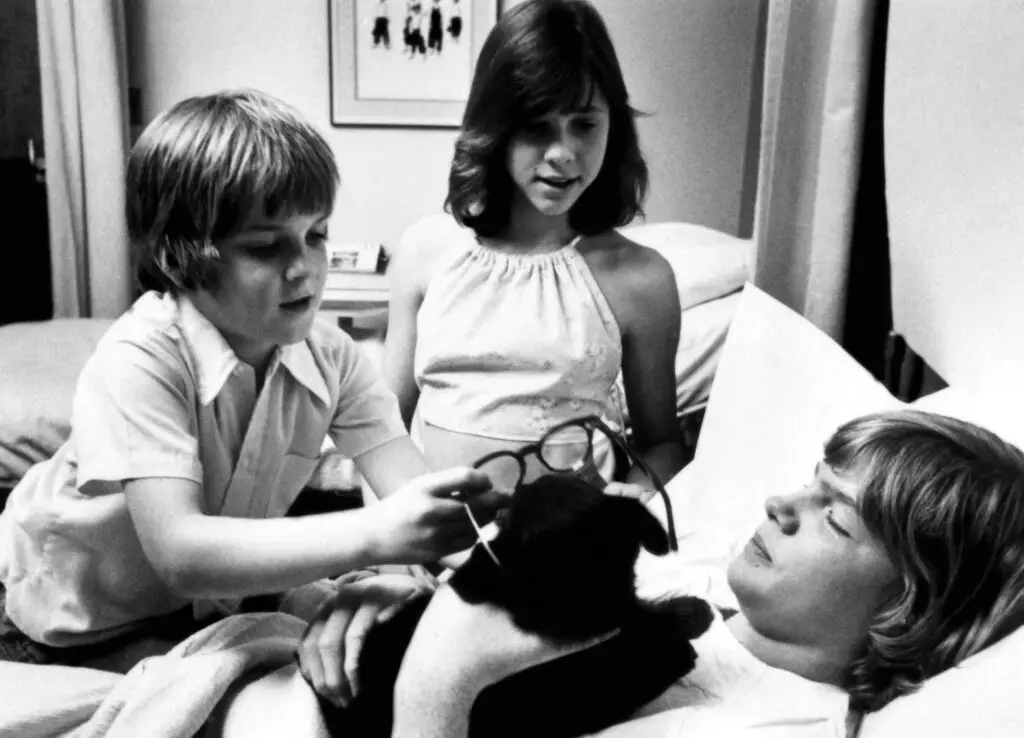
In many households, bedtime wasn’t just a suggestion—it was the law. Parents didn’t care if the neighborhood kids were still outside playing; when the clock struck bedtime, you were inside, washed up, and under the covers. Protesting only led to a lecture about how children need sleep to grow. There were no negotiations, no “five more minutes,” and certainly no electronics keeping kids up late.
Today, bedtime is a much looser concept. Many kids fall asleep with tablets in hand or wind down with a favorite show. Parents are more likely to adjust bedtime based on their child’s needs rather than enforcing a strict lights-out policy. The thought of forcing a wide-awake kid to stare at the ceiling for an hour now seems a little harsh.
4. Calling Adults by Their First Names Was Forbidden
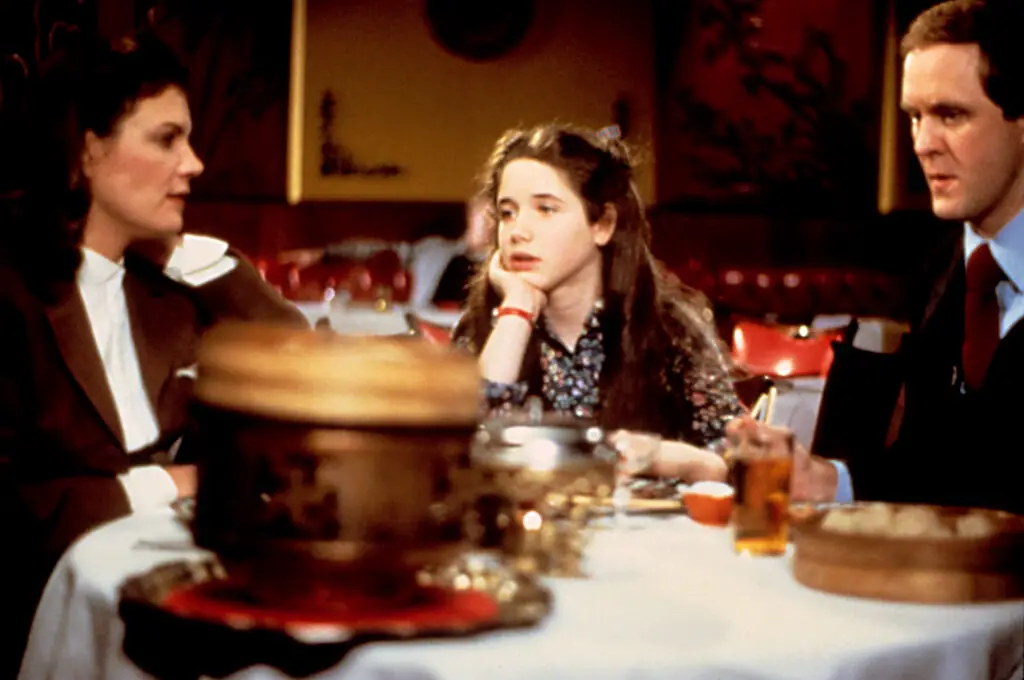
If you were a kid in the ’60s or ’70s, calling an adult by their first name was practically a crime. Whether it was a neighbor, teacher, or family friend, they were always “Mr.,” “Mrs.,” or “Miss.” Even close family friends were given honorary titles like “Aunt” or “Uncle” out of respect. Calling an adult by their first name without permission could earn a kid a stern correction—or worse, a scolding.
These days, many parents encourage kids to use first names or even nicknames. Some families feel that titles create unnecessary distance, and others just prefer a more casual approach. It’s not uncommon to hear kids addressing their friend’s parents by first names without anyone batting an eye. In the past, that would have been a one-way ticket to a serious talking-to.
5. Chores Came Before Fun—No Exceptions

Saturday morning cartoons? Not until the chores were done. Kids in the ’60s and ’70s were expected to do their share of housework before they could even think about playing. Whether it was mowing the lawn, doing dishes, or dusting the furniture, there was no skipping out. Parents saw it as an essential part of raising responsible kids, and whining about it didn’t get you anywhere.
Now, chores are still expected, but they’re often balanced with schoolwork, extracurriculars, and playtime. Some parents even use rewards or allowance to make chores more appealing. The idea of refusing to let a kid watch TV until the entire house is spotless would sound extreme today. But back then, it was just the way things worked.
6. The TV Belonged to the Parents
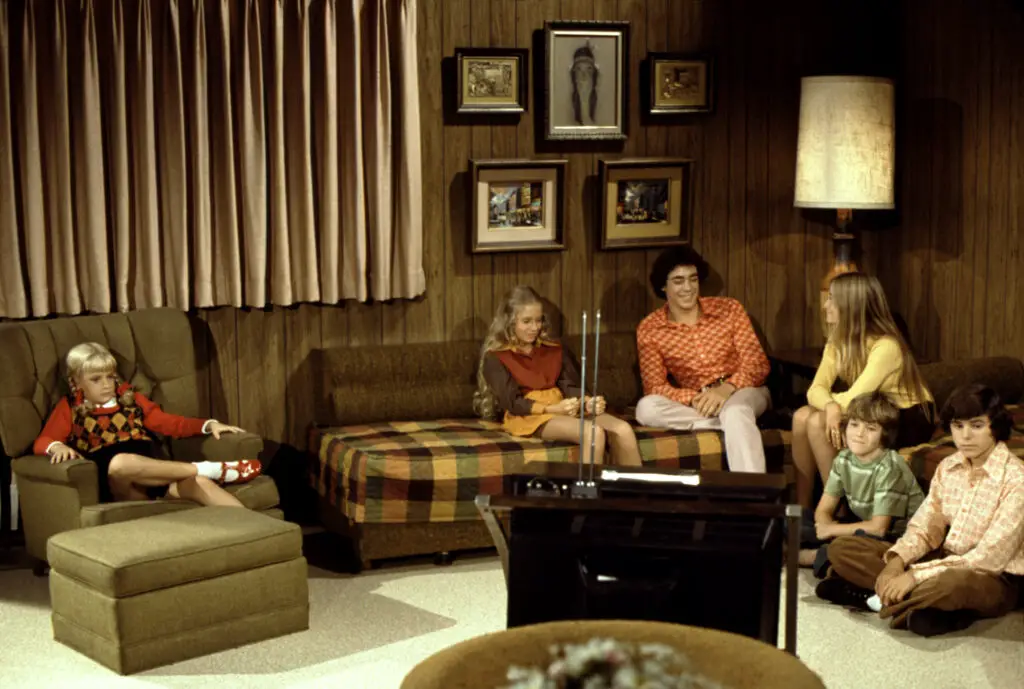
If a parent was watching TV, that was it—kids had no say in the matter. They weren’t grabbing the remote and flipping through channels because the remote wasn’t even always an option! Many homes still had TVs without remotes, so kids had to get up and manually turn the dial, and they certainly weren’t picking the shows. If Dad wanted to watch the news, everyone was watching the news.
Now, it’s the opposite—kids rule the TV. With streaming services, tablets, and personal devices, they can watch what they want, when they want. Family members rarely even watch TV together anymore. The idea that the whole house had to sit through one person’s program of choice seems downright unfair by today’s standards.
7. Eating Everything on Your Plate Was Required
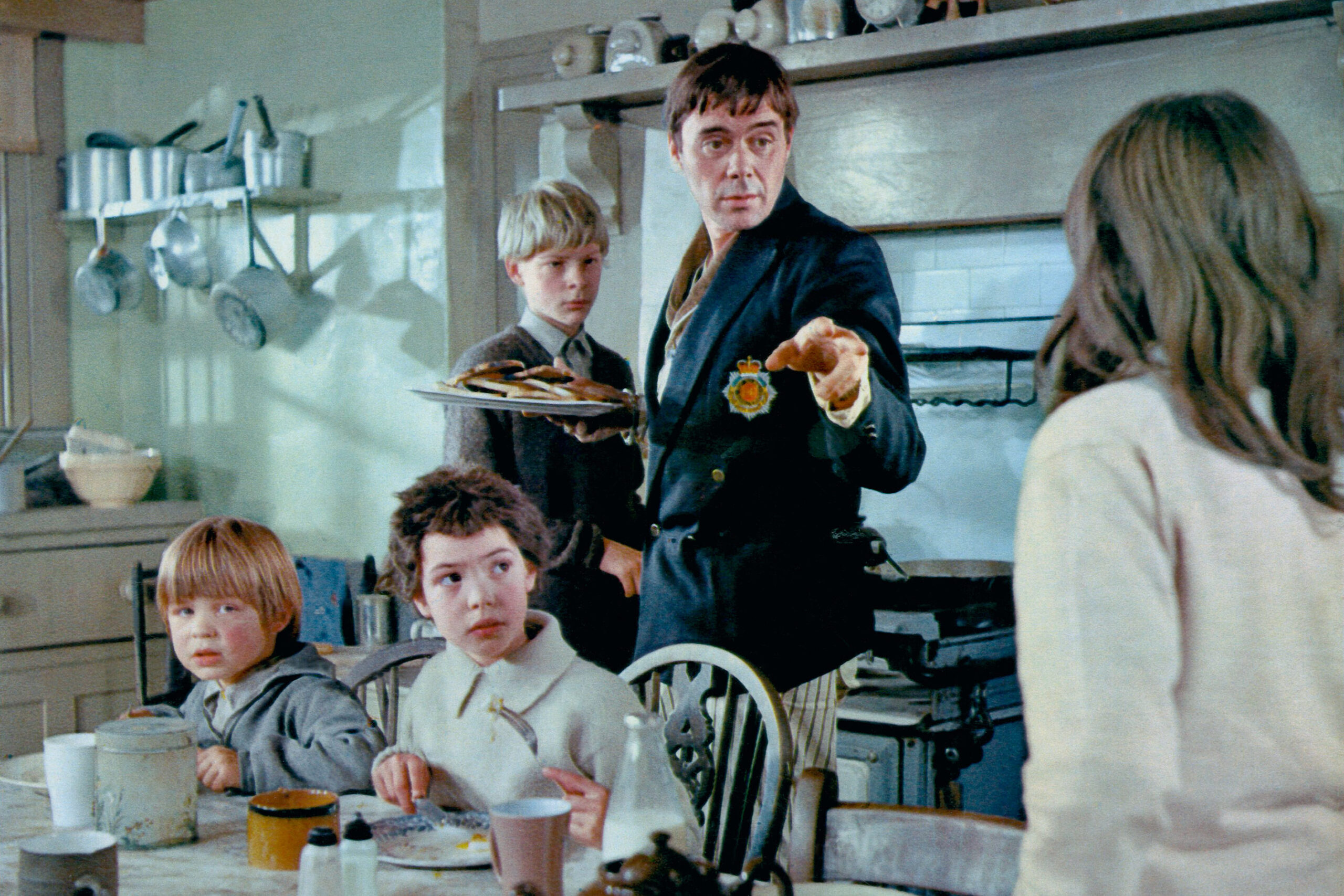
Leaving food on your plate was simply not an option. If a parent dished it out, you were expected to eat every last bite, whether you liked it or not. Picky eaters didn’t get special treatment—there were no separate meals, no extra options, and certainly no complaints. Kids sat at the table until they finished, and in some homes, that could mean a very long, miserable standoff.
These days, parents are much more understanding about food preferences. Many let their kids stop eating when they’re full rather than forcing them to clean their plates. The days of being guilt-tripped about “starving children in other countries” are mostly over. Now, the idea of forcing a kid to eat something they hate seems unnecessarily harsh.
8. Phones Were for Emergencies Only

Kids didn’t just pick up the phone and call their friends whenever they wanted. Phones were shared by the whole household, and long conversations were a luxury. If a child needed to make a call, they had to ask permission, and they’d better have a good reason. Even then, parents were likely to remind them to “keep it short” to avoid tying up the line.
Fast forward to today, and kids practically have their own personal hotlines. With smartphones, texting, and social media, they can communicate all day long. The idea of asking permission to make a phone call seems almost laughable. Back then, though, it was just part of life.
9. Walking Home from School Alone Was Normal

It wasn’t unusual for kids as young as six or seven to walk home from school alone. Parents assumed the neighborhood was safe, and there wasn’t the same level of worry about stranger danger. Kids would walk several blocks without anyone thinking twice. It was just expected that they’d make it home without incident.
Today, many parents wouldn’t dream of letting their child walk home alone. Between safety concerns and the rise of helicopter parenting, kids are often picked up or supervised every step of the way. Letting a young child roam the neighborhood alone now would probably result in some concerned glances—or even a call to child services.
10. Spankings Were a Common Form of Discipline

Getting a spanking for misbehaving was considered normal. If a kid acted up, they might get a swat on the backside, no questions asked. Parents, teachers, and even other family members saw it as a quick and effective way to correct bad behavior. Many kids grew up knowing that if they pushed their luck too far, they’d feel it.
Now, spanking is far less common, with many experts saying it does more harm than good. Most parents today opt for timeouts, loss of privileges, or conversations about behavior. The thought of a teacher or babysitter spanking a child is shocking to most modern parents. But back then, it was just another day in childhood.
11. No Leaving the Table Without Permission

Once a meal started, kids weren’t allowed to get up and leave until a parent gave the okay. It didn’t matter if they were finished eating—mealtime was a family event, and everyone stayed seated. Some parents even made kids ask, “May I be excused?” before leaving the table. It was considered basic manners.
Today, family meals are much more relaxed. Kids often eat quickly and move on to other activities, and many families don’t sit down together at all. The formality of asking permission to leave the table now seems almost old-fashioned. But back then, it was simply expected.
